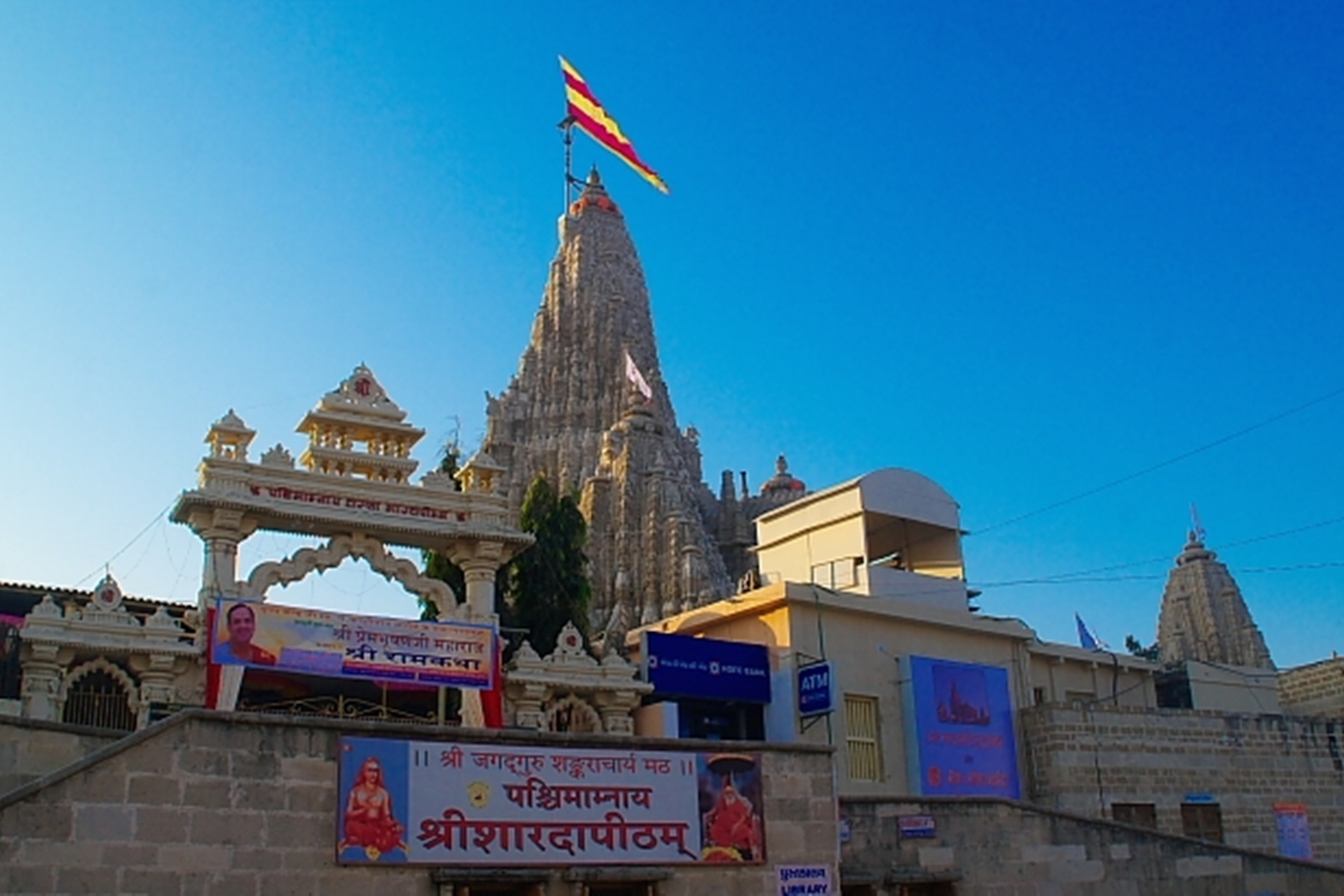ISKCON, or the International Society for Krishna Consciousness, is a worldwide movement founded in 1966 by His Divine Grace A.C. Bhaktivedanta Swami Prabhupada. The organization is based on the teachings of the Bhagavad Gita and other Vedic scriptures and aims to spread the practice of bhakti-yoga, or devotion to Lord Krishna, as a means of achieving spiritual liberation.
The primary mission of ISKCON is to propagate the teachings of the Bhagavad Gita and the Vedic scriptures, and to spread the practice of bhakti-yoga throughout the world. The organization also places a strong emphasis on vegetarianism, animal welfare, and environmental protection.
ISKCON has established many centers, temples, and farms around the world, where devotees gather for worship, study, and community activities. The organization also operates schools, hospitals, and other charitable institutions to provide education, health care, and other social services.
The most prominent symbol of ISKCON is the Hare Krishna mantra, which is chanted by devotees as a means of meditation and spiritual purification. The mantra, "Hare Krishna, Hare Krishna, Krishna Krishna, Hare Hare/ Hare Rama, Hare Rama, Rama Rama, Hare Hare," is believed to connect the chanter with Lord Krishna and invoke his divine grace.
The philosophy of ISKCON, also known as Gaudiya Vaishnavism, is based on the teachings of the Bhagavad Gita and other Vedic scriptures. Here are some key aspects of the ISKCON philosophy:
Monotheism: ISKCON is a monotheistic tradition that teaches the existence of one supreme God, known as Krishna, who is the source of all creation, maintenance, and destruction in the universe. Krishna is seen as the ultimate reality, beyond material existence.
Bhakti-yoga: ISKCON teaches that the path to spiritual liberation is through bhakti-yoga, or devotional service to Krishna. Bhakti-yoga involves cultivating a loving relationship with God through various practices, such as chanting the Hare Krishna mantra, worshiping the deity forms of Krishna in temples, and studying the Vedic scriptures.
Karma and reincarnation: ISKCON teaches that every action has consequences, and that one's actions in this life will determine one's future existence. The soul is eternal and is subject to reincarnation, or the cycle of birth and death, until it achieves liberation from material existence.
The importance of spiritual guidance: ISKCON places great emphasis on the guidance of a spiritual teacher, or guru, who can help one progress on the path of bhakti-yoga. The guru is seen as a representative of Krishna and is believed to have a direct connection with the divine.
Vegetarianism: ISKCON promotes a vegetarian diet as a way of practicing compassion towards animals and avoiding the negative karmic consequences of harming other living beings. The organization operates many vegetarian restaurants and encourages its members to adopt a vegetarian lifestyle.
Social responsibility: ISKCON is committed to social responsibility and promoting the welfare of all living beings. The organization runs many charitable programs, such as schools, hospitals, and food distribution initiatives, to help alleviate suffering in society.
The philosophy of ISKCON emphasizes the importance of cultivating a loving relationship with God through devotional service, living a simple and compassionate lifestyle, and contributing to the betterment of society.











